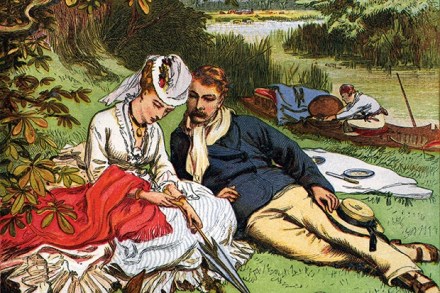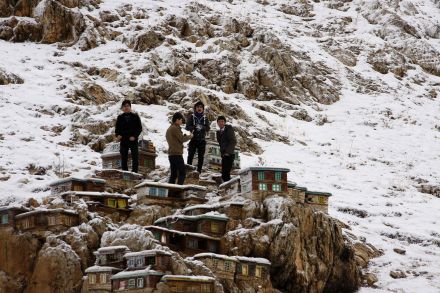High life | 7 July 2016
I am trying to decide with some friends which is worse, English weather or English football. The former is improving as I write, but the latter’s problems are terminal. There are too many ‘directors of development’ and other jargon-packed non-jobs that interfere with the very simple process of developing football. Send them all to Iceland, bring on a dentist, and cut footballers’ salaries by 90 per cent, and you just might one day learn to win. But on to far more important things than ghastly football, like the wonderful garden party given by my friend Richard Northcott that brought back some very pleasant memories. There’s something rejuvenating about running into

















